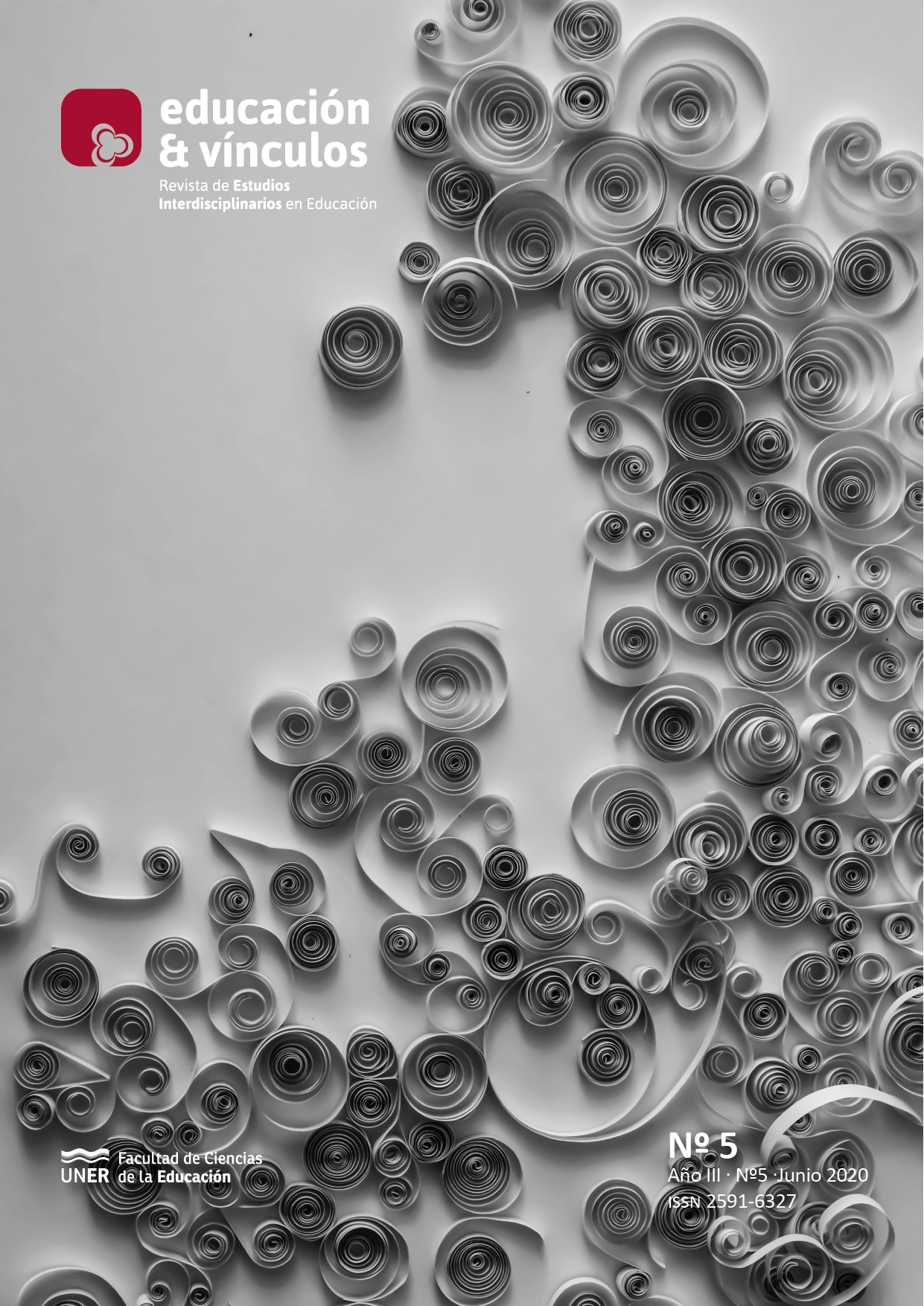The complex mazes of inclusion
Keywords:
Education, inclusion, exclusion, pedagogical authority, legalitiesAbstract
The school institution maintains a paradigm of inclusion although, at the same time, in everyday practices, situations of exclusion occur, which jeopardizing the right to education. This article seeks to reflect about this contradictory process, reviewing which are the daily school practices that enable inclusion and which, on the contrary, encourage ways of exclusion to the students.
The most recognized ways of exclusion are those ranging from expulsions, suspensions, school passes, stigmatization and labeling, discrimination. But there are others, less noticeable such as lack of recognition or not listening, not looking at the young person as a subject of rights. This also has negative effects on the subjectivity of students and teachers, it also erodes the right to education.
Therefore, it is interesting to reflect about, which practices will contribute to an inclusive education? And, at the same time, how to be an inclusive school without relaxing the limits? Is it possible to set limits without excluding? A different lens to look at this problem is that of some theoretical tools of mental health that emphasize in «listening» as the subject's right and «the construction of legalities» as the key to pedagogical authority.



